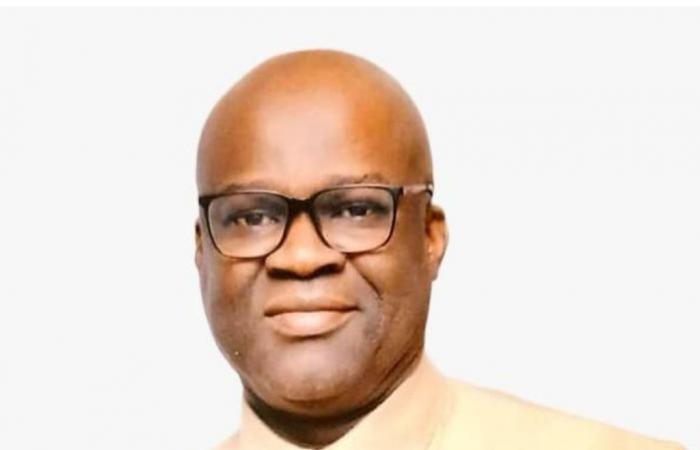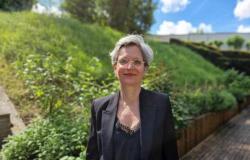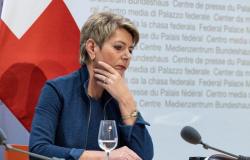The Senegalese economist stationed at the Faculty of Economic Sciences of the Cheikh Anta Diop University of Dakar (FASEG-UCAD) and director of the Research Laboratory on Institutions and Growth (LINC), Professor Joe Cabral, published, yesterday, Thursday January 9, 2025, a work entitled: When the economy of Senegal leaves graduates stranded.
The result of research spanning around ten years in the field of employment in Senegal, this work explores in depth how the country’s economic growth trajectory marginalizes qualified individuals on the job market. . More explicitly, the book highlights a category often ignored in traditional analyses: that of vulnerable young graduates. As underlined in his preface by Mr. Pierre Mendy, director of the Research and Training Center for Economic and Social Development (CREFDES) and researcher at the Laboratory of Decision Mathematics and Numerical Analysis (LMDAN), “the Professor Cabral was interested in this paradox of an economic growth trajectory which excludes those who could naturally be considered best equipped to participate: graduates.
Thus, this work examines with scientific rigor the consequences of a Senegalese economy whose growth is largely based on a labor market dominated by low- or unskilled jobs.
A TRIBUTE TO PROFESSOR GAYE DAFFÉ
The work: When the economy of Senegal disqualifies qualified people is not a coincidence. Its publication coincides with the fourth anniversary of the death of Professor Gaye Daffé, Professor Cabral’s mentor and source of inspiration. The latter says that the idea of writing this work was suggested to him by the late Professor Daffé, after reading a study carried out by Cabral on the diagnosis of employment in Senegal.
Professor Daffé did not limit himself to encouraging his colleague to write this book; he also helped to structure the front lines during friendly working sessions, often organized around lunches. However, it was only after the death of Gaye Daffé, on January 9, 2021, that Professor Cabral fully felt the moral responsibility to complete and publish this work as a tribute to his mentor.
Today, the work is finally published. And, as Professor Cabral confides with emotion, Sédiounkol – an affectionate nickname in Mandinka designating the natives of Sédhiou, attributed to Professor Daffé – can be proud, from beyond, of his “younger brother” and of this contribution. important to the debate on employment and growth
in Senegal.
JEAN PIERRE MALOU
Senegal






